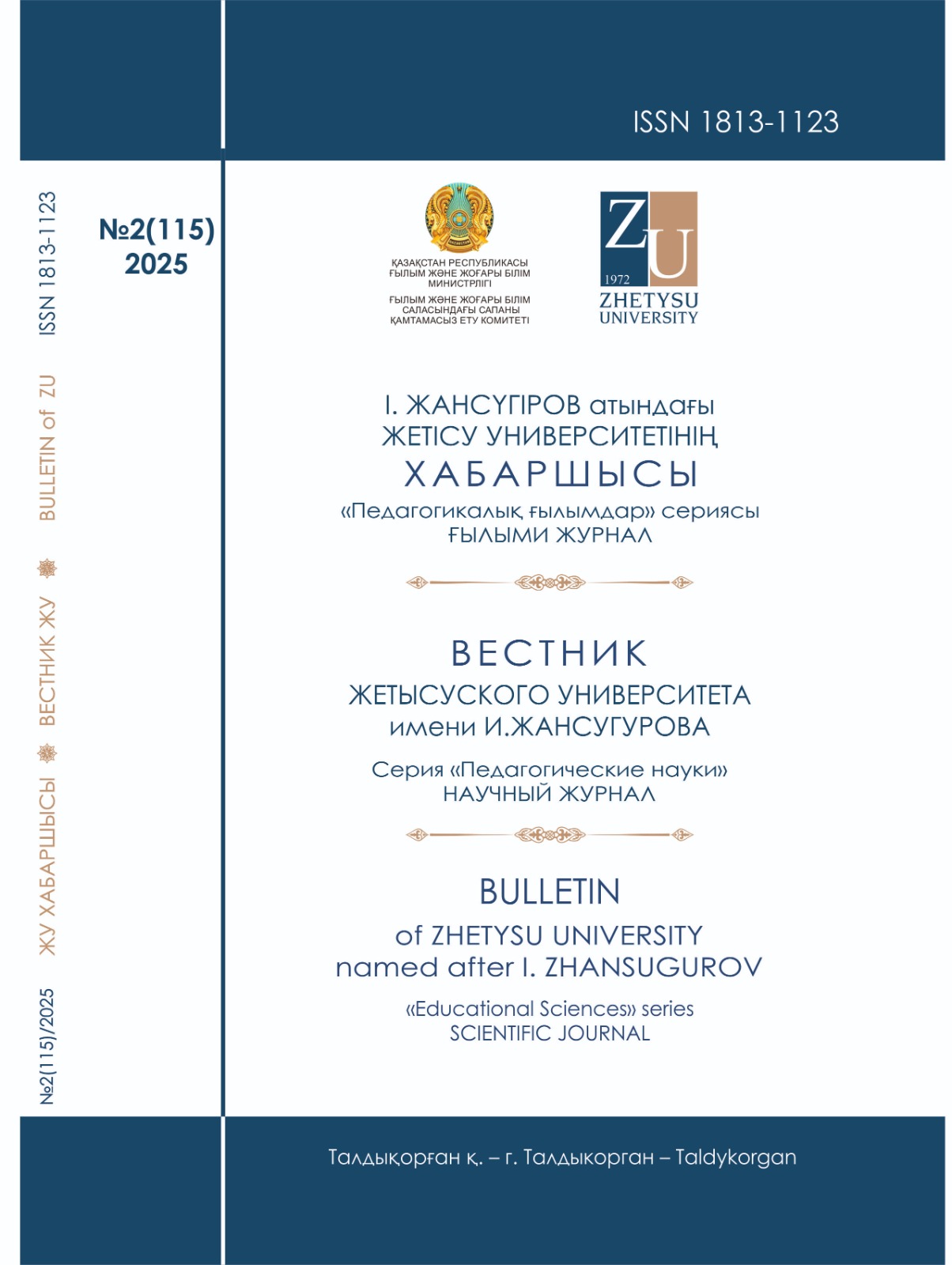THE INFLUENCE OF MODELING PRODUCTION SITUATIONS ON THE DEVELOPMENT OF COLLEGE STUDENTS’ PROFESSIONAL COMPETENCE WITHIN THE FRAMEWORK OF SPECIALIZED DISCIPLINES
DOI:
https://doi.org/10.53355/ZHU.2025.115.2.013Keywords:
professional competence, modeling of industrial situations, college students, special disciplines, active teaching methods, experimental training, professional thinking, specialist trainingAbstract
The purpose of the study is to determine the impact of modeling industrial situations on the development of college students’ professional competence during the study of specialized disciplines. The main idea is to substantiate the effectiveness of modeling as an active teaching method aimed at developing students’ practical skills and professional thinking. The scientific significance lies in enriching the theoretical foundations of vocational education with new data on how modeling industrial situations affects student competence. The practical significance is linked to the possibility of implementing the developed methods in colleges to improve the quality of specialist training. The study hypothesizes that modeling industrial situations fosters a higher level of professional competence in college students compared to traditional teaching methods. The methodology included experimental training: the experimental group used industrial situation modeling, while the control group followed traditional methods. Assessment of professional competence involved tests, expert evaluations, and questionnaires. Results showed that modeling significantly improves students’ professional competence, analytical and practical skills, and readiness for professional activity. Data analysis confirmed statistically significant differences between the groups. The study concludes that modeling industrial situations is an effective active learning method that promotes key professional competencies among college students. This research valuable complements practical and methodological approaches to training qualified personnel. The novelty lies in testing the methodology in a real Kazakhstani college, considering local specifics of specialized disciplines and training profiles. The practical value includes developing recommendations and methodological materials for teachers to integrate modeling into the educational process of specialized college disciplines.

 ҚАЗ
ҚАЗ РУС
РУС ENG
ENG
